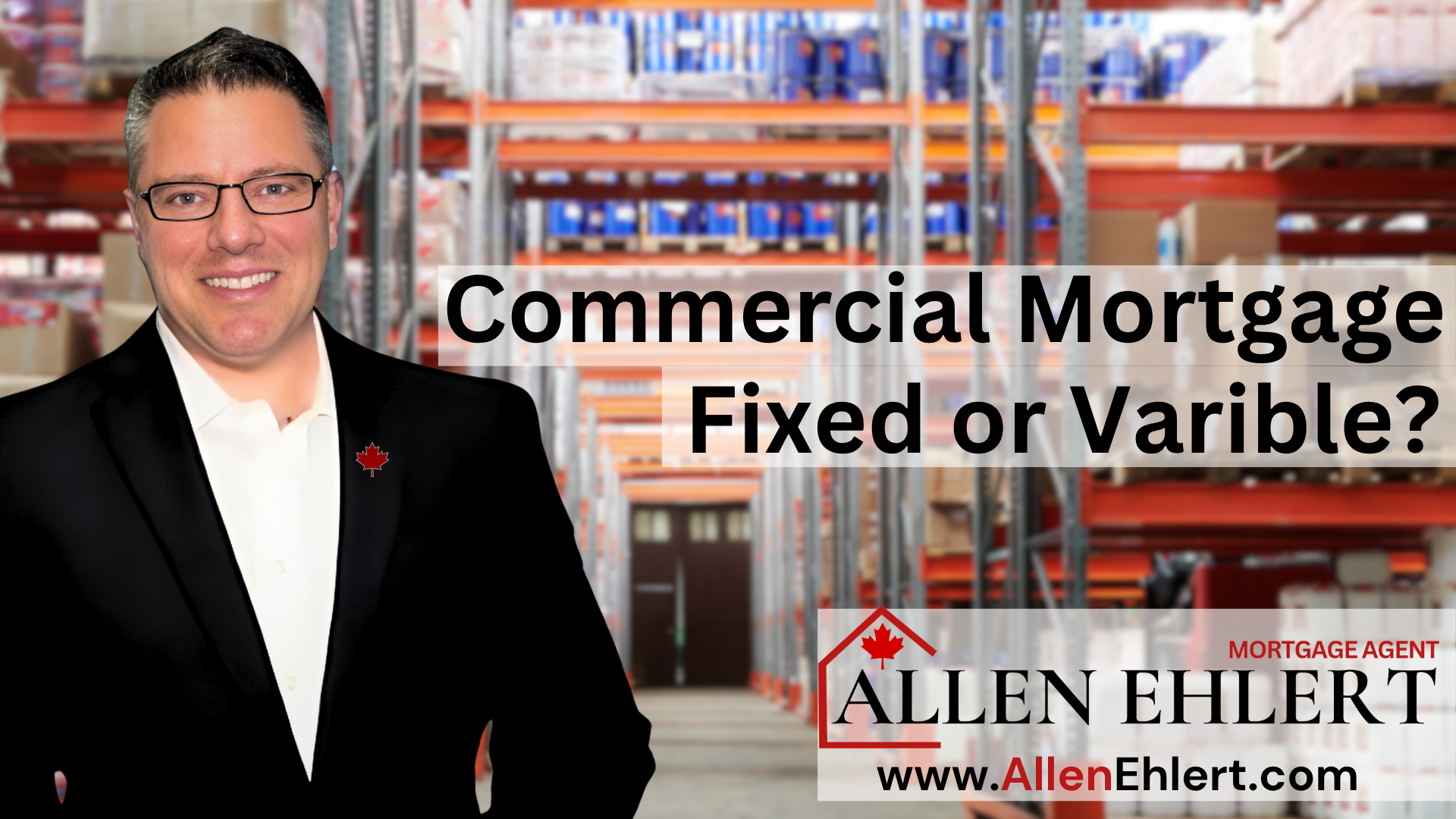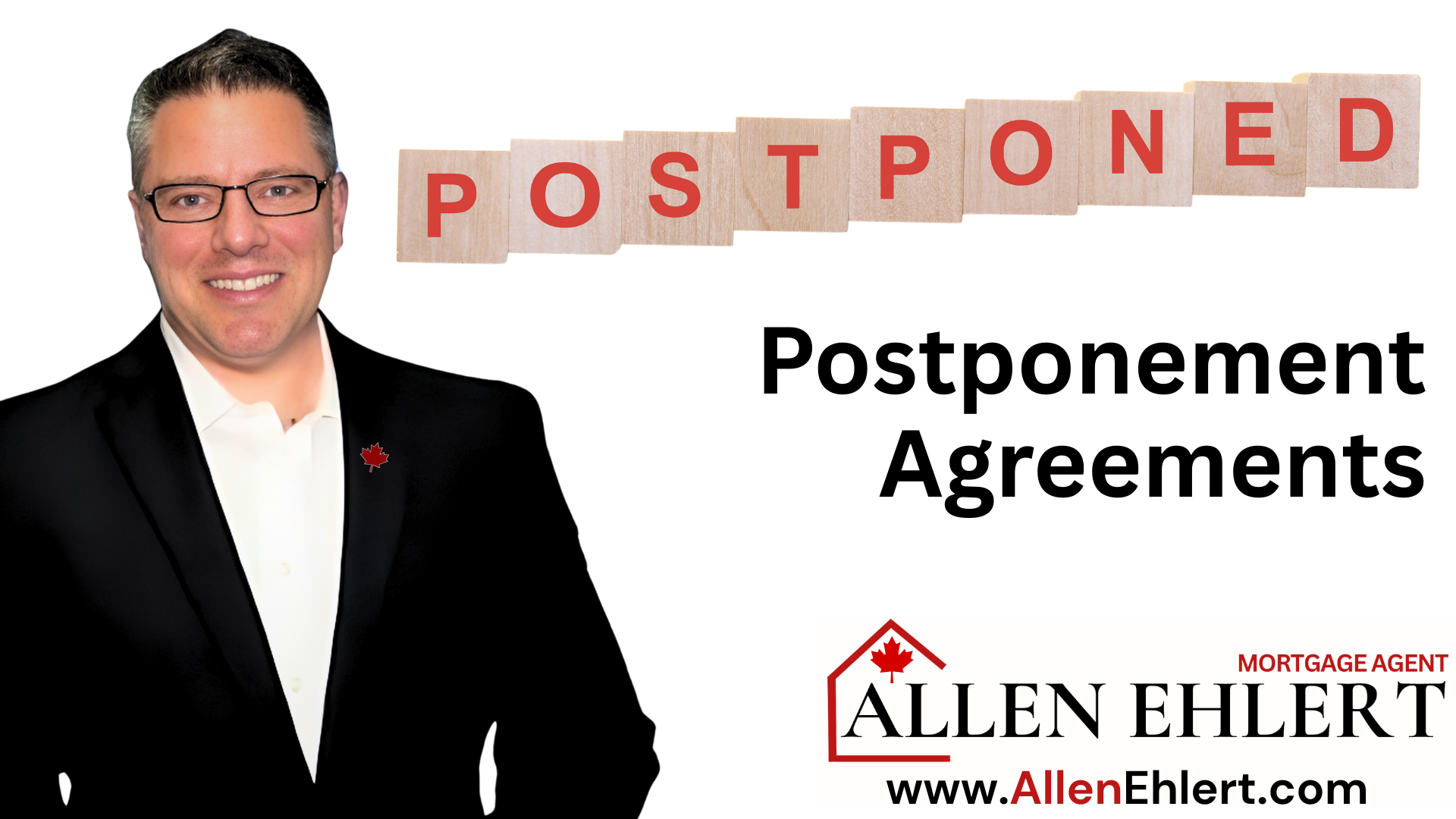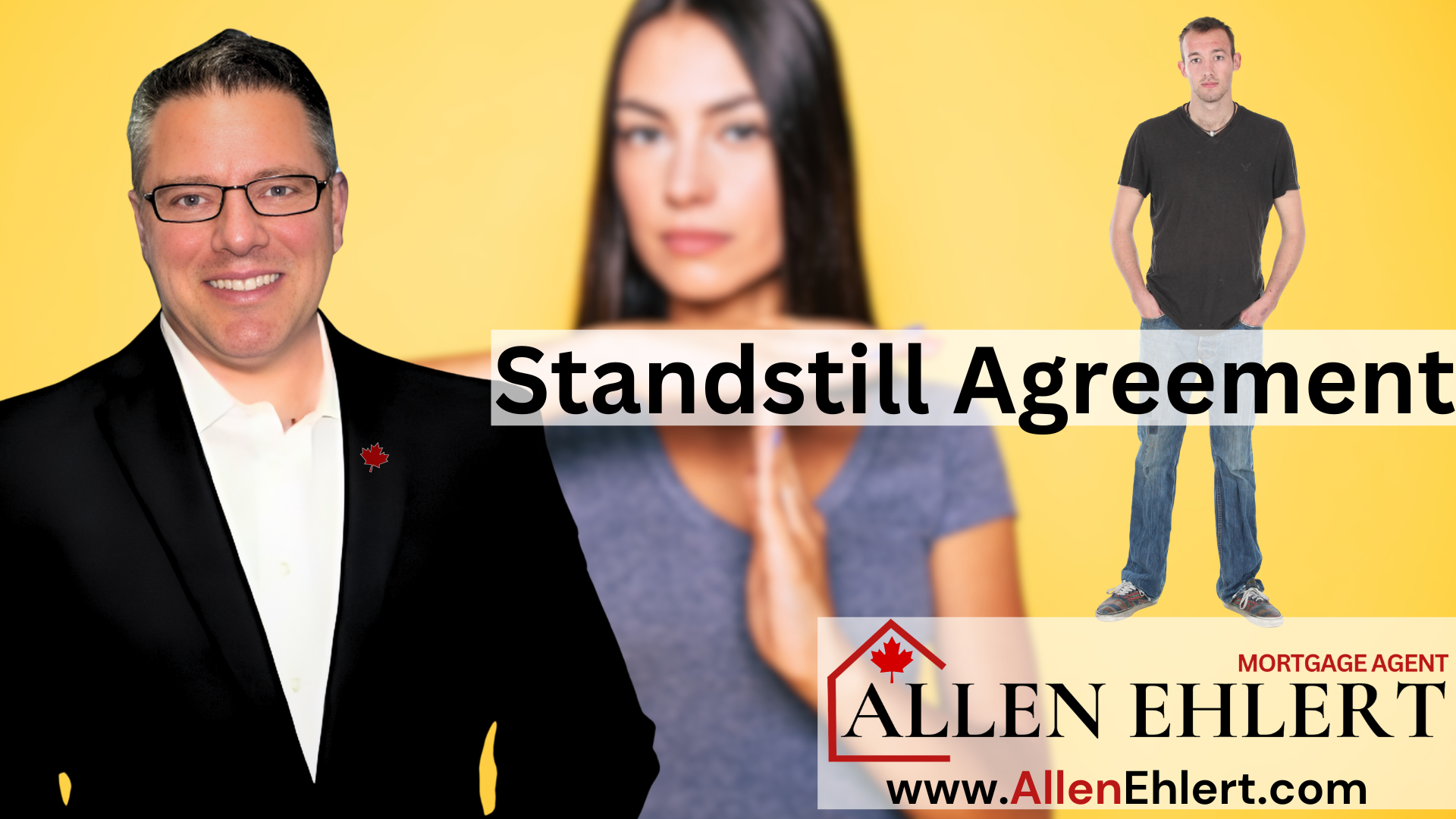You don’t need to be a real estate expert to feel it: house prices seem out of reach for the average family. But why? What’s keeping prices so high when affordability has clearly left the building? As someone who gets into roughly a hundred homes every month, I’ve had a front-row seat to the push and pull of today’s housing market—and let me tell you, it’s a fascinating, frustrating, and complex story.
Sellers Don’t Want to Lower Prices
Who is Going to Be Reasonable?
Realtors Know Their Listings Are Overpriced
The Disconnect Between Income and Prices
Not Enough Inventory? Not So Fast
Sellers Don’t Want to Lower Prices
Let’s start with the sellers. Many of them aren’t interested in coming down on price, even if their homes are just sitting there. And in many cases, they can’t. If someone bought a home in the last few years with a minimal down payment, especially in a hot market, they may now owe more than the property is worth—or at least more than what someone would reasonably pay today. Lowering their asking price would mean bringing money to the table just to get out. Not exactly an attractive proposition.
Then there are those sellers who might be open to moving—but only if the market delivers a windfall. I’ve met countless folks who are only interested in downsizing if the sale of their current home gives them a life-changing payday. If not? They’re content to stay put, mortgage-free and unbothered. These are not desperate people. They’re opportunists in a frozen market, waiting for an offer that rarely comes.
Nowhere to Go
And speaking of downsizing, many of the older homeowners I talk to would love to simplify their lives—fewer stairs, less yard work, and lower costs. But the problem? There’s nowhere to go. Either the inventory isn’t there, or the homes that are available are outrageously overpriced for what you’re getting.
Think about it: why would someone trade a paid-off 2,500-square-foot home for a cramped, 900-square-foot bungalow with no basement, no storage, and no character—just to spend nearly the same amount (or more) than they’d walk away with from their sale? Downsizing only makes sense if it’s financially advantageous. In today’s market, it often isn’t.
Who is Going to Be Reasonable?
Even when a seller wants to price realistically, they’re stuck. Why? Because no one else is budging. There’s a psychological barrier that kicks in. Sellers look around and think, “If my neighbour’s home is listed at $1.3 million, why would I list mine at $1.1?” Even if theirs is the only one without a finished basement, with an old roof, and no upgrades in twenty years. It’s herd mentality in action. The first mover who lowers their price risks being labeled “desperate” or “giving it away.” So, they wait. And so does everyone else.
Cost of Building a Home
Here’s something not enough people talk about: new homes set the floor for resale prices. If a builder is asking $1.5 million for a brand-new home, even if it’s on a small lot and basic inside, the guy down the street with a similar-sized house—but with a finished basement, pool, mature trees, and better finishes—is going to say, “Well, mine’s gotta be worth at least $1.3 million.” That thinking is understandable, even if the math doesn’t always work out.
But why are those new homes so expensive in the first place? It’s not just inflation or greed—it’s government fees, red tape, HST on new builds, development levies, and insanely restrictive land use policies. In my area, the cost of land alone has gone up over 500% in the last 8 years. Let that sink in. Before a shovel even hits the dirt, a builder could be $500,000 in the hole. That’s got to get passed on somewhere, and it ends up inflating prices across the board.
And sometimes my Mennonite heritage comes through (we like to build things) when I look at the price of homes. I see a $1.2 million home and think to myself, I could build that for less than $300K, under $200K if I did a lot of the work myself. So are homes expensive, or are they artificially overpriced?
Realtors Know Their Listings Are Overpriced
You want to know something that most people don’t hear out loud? Even the realtors know their listings are overpriced. I talk to them. They admit it. They’ll say, “Yeah, we’re too high, but the seller won’t budge.” And that’s the trap. The realtor wants to price it right and move the property—but if they push back too hard, they risk losing the listing altogether. So the home just sits. No showings. No offers. Just hope and stubbornness holding hands.
The Disconnect Between Income and Prices
Back in the 1980s, housing prices followed income trends. If the average family made $40,000, homes were priced in line with that. But not anymore. Today, housing has become financialized—it’s driven by wealth, not wages. Buyers aren’t just young families saving up with steady paycheques. Now we’re talking about investors with access to capital, parents gifting down payments, and offshore money flowing into the market. That distorts everything.

And for regular, working Canadians? They’re left trying to compete in a market that wasn’t built for them. You can earn a good living, save diligently, and still find yourself priced out. It’s not about how hard you work—it’s about how much wealth you can access. That’s a brutal realization for a lot of people.
Not Enough Inventory? Not So Fast
One of the most common talking points is that there just aren’t enough homes. That might be true from a macro, policy-level perspective. But on the ground? I can take you into neighbourhoods right now where listings are abundant. In the Ontario town I live in, there are over 500 homes for sale. Some brand-new builds have been sitting—empty—for over 15 months.
We don’t have a supply problem so much as we have an affordability problem. The homes are there. They just don’t make sense at current prices. The average buyer looks at the sticker price, the monthly mortgage cost, the taxes, the upkeep—and they back away. Not because they don’t want to buy, but because the math just doesn’t work. You can’t force someone to buy a $1.2 million house on a $90,000 salary and expect the system to keep functioning.
Canada’s Federal Housing Minister Doesn’t Want Lower Home Prices
Canada’s new Housing Minister, Gregor Robertson, recently stated that he doesn’t believe housing prices need to come down. This perspective has sparked debate, as many Canadians struggle with high housing costs. Critics argue that without addressing price levels of homes for average Canadians, it doesn’t matter how much supply comes to market. Robertson’s stance reflects a broader policy approach that does not prioritize addressing market prices.
So, are house prices too high?
Yes. But it’s not just greed, or market dynamics, or low interest rates, or foreign buyers. It’s all of those things layered together. It’s a cocktail of policy failure, market inertia, economic inequality, and old-fashioned human psychology. And until there’s a realignment between incomes, construction costs, and consumer expectations, this weird stalemate is going to continue. Prices are high not because the market is hot—but because no one wants to admit what they’re actually worth today.
And as someone who walks into more homes in a month than most people see in a year, I can tell you: reality is setting in. Slowly. But it’s coming.












